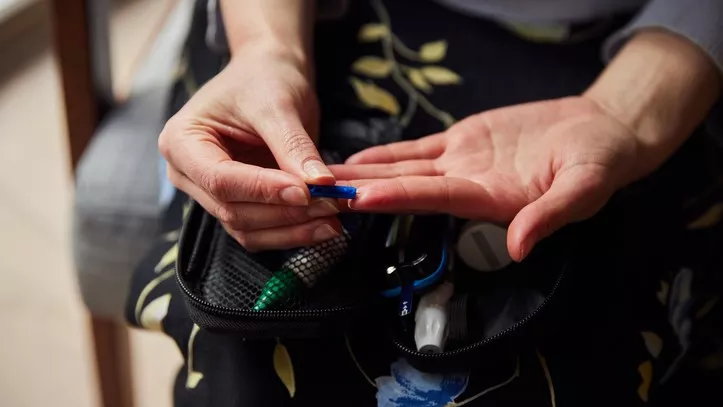
Treating type 2 diabetes as early as possible helps to reduce risk of future complications, show new findings from a 40-year landmark study that began with funding from Diabetes UK.
Scientists from the Universities of Oxford and Edinburgh analysed data spanning more than four decades from the UK Prospective Diabetes Study (UKPDS) - one of the longest ever type 2 diabetes studies.
The latest results reveal the lasting legacy of early treatment to get blood sugar levels to target range straight after a type 2 diabetes diagnosis to minimise the risk of complications and help people live longer, healthier lives.
Starting early treatment with insulin or sulphonylurea tablets led to 17% fewer heart attacks, 26% fewer complications, such as kidney failure and vision loss, and 10% fewer deaths.
Early treatment with metformin led to 31% fewer heart attacks and 20% fewer deaths, compared to managing type 2 diabetes with diet.
Changing diabetes care for good
The UKPDS began in 1977, with our support. It ran for 20 years and when its ground-breaking findings were announced in 1998, they completely transformed type 2 diabetes guidelines worldwide.
They showed, for the first time, that keeping blood sugar and blood pressure levels within a target range was key to managing diabetes and avoiding complications.
A legacy effect
The UKPDS team continued to study participants’ health after the 20-year trial had ended to monitor the long-term impact of early treatment.
Ten years later, they saw that people who had started medications (metformin, sulphonylureas or insulin) straight after they’d been diagnosed with type 2 diabetes continued to experience fewer diabetes complications, compared to those who had managed their blood sugar levels with diet.
The team’s latest analysis now shows these protective effects last for up to 42 years. The researchers think that getting blood sugar levels to target early on creates a "memory" in the body that helps protect against complications for years later, even if blood sugar levels creep up further down the line.
The findings reinforce the importance of getting an early diagnosis for type 2 diabetes. The earlier the condition is diagnosed, the sooner people can be treated to get blood sugar levels to target.
Professor Rury Holman, the founding Director of the University of Oxford Diabetes Trials Unit and Chief Investigator of the UKPDS, said:
“These remarkable findings emphasise the critical importance of detecting and treating type 2 diabetes intensively at the earliest possible opportunity.
“People may have type 2 diabetes for several years before being diagnosed as they may have few symptoms until their blood sugars become substantially elevated.”
Professor Amanda Adler, Director of the Diabetes Trial Unit, said:
“This shows that treating type 2 diabetes early and thoroughly is crucial. Playing catch-up with blood glucose control is not sufficient.”
The 24-year follow-up of the UKPDS is published in The Lancet.
